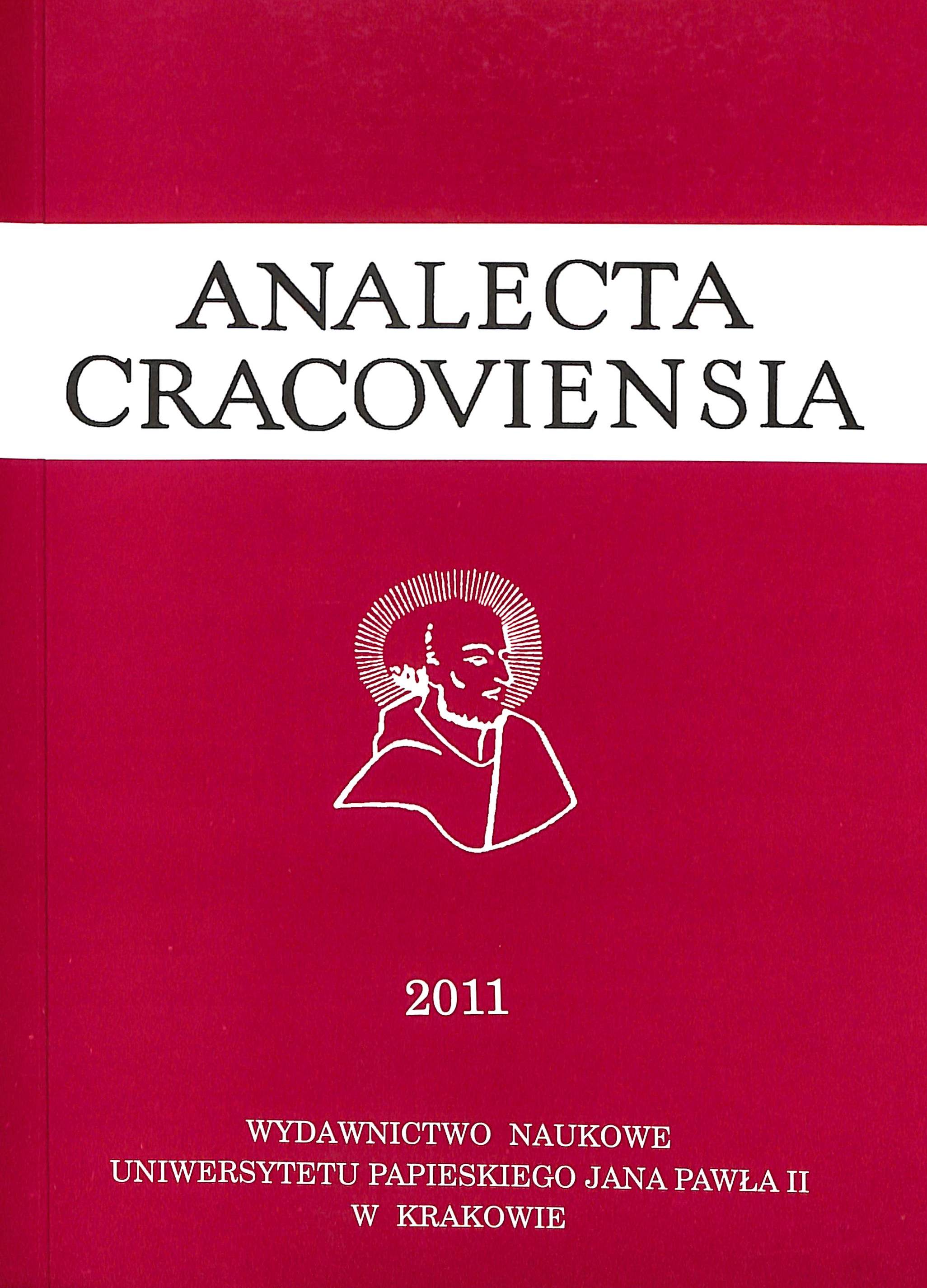Napiętnowanie niewierności i obłudy narodu wybranego przez proroków okresu asyryjskiego w państwie południowym
DOI:
https://doi.org/10.15633/acr.4304Słowa kluczowe:
naród wybrany, prorocy, okres asyryjski, starożytnośćAbstrakt
Prophets of Assyrian period in south nation stigmatize infidelity of the chosen nation, pride, sins of leaders and hypocrisy and deviation of cultural practices. Sins of leaders of Israel especially aim in social order. Prophets of VIII century before Christ criticize celebrated cult by these, who say that during victims, pilgrimages, or external prayer can enter into direct relationship with the God. Meanwhile the way access to the God is listen his words and perform his will, what should be reflected in social relations and in practice of justice and mercy. The minor thing of prophets irritation is attitude and behavior holding the cult. Prophets show that sins of the chosen nation will bring God’s punishment and irreversible judgment day. The nation can gain forgiveness, so prophets invoke Israelites to conversion.
Pobrania
Opublikowane
Numer
Dział
Licencja
Prawa autorskie (c) 2011 Dariusz Adamczyk

Utwór dostępny jest na licencji Creative Commons Uznanie autorstwa 4.0 Międzynarodowe.
Obecnie autorzy publikujący w czasopiśmie udzielają jego wydawcy zgody o następującej treści:
- Autor zachowuje autorskie prawa majątkowe do utworu, a jednocześnie udziela wydawcy czasopisma zgody na jego pierwszą publikację w wersji drukowanej i wersji online na licencji Creative Commons Uznanie autorstwa 4.0 Międzynarodowe oraz zgody na wykonywanie opracowań, w tym przekładów.
- Autor ma możliwość udzielania zgody niewyłącznej na opublikowanie utworu w wersji, która ukazała się w czasopiśmie (np. zamieszczenia go w repozytorium instytucjonalnym lub opublikowania w książce), wraz z informacją o jego pierwszej publikacji w czasopiśmie.
- Autor może umieścić swój utwór online (np. w repozytorium instytucjonalnym lub na swojej stronie internetowej) jeszcze przed zgłoszeniem utworu do czasopisma.

